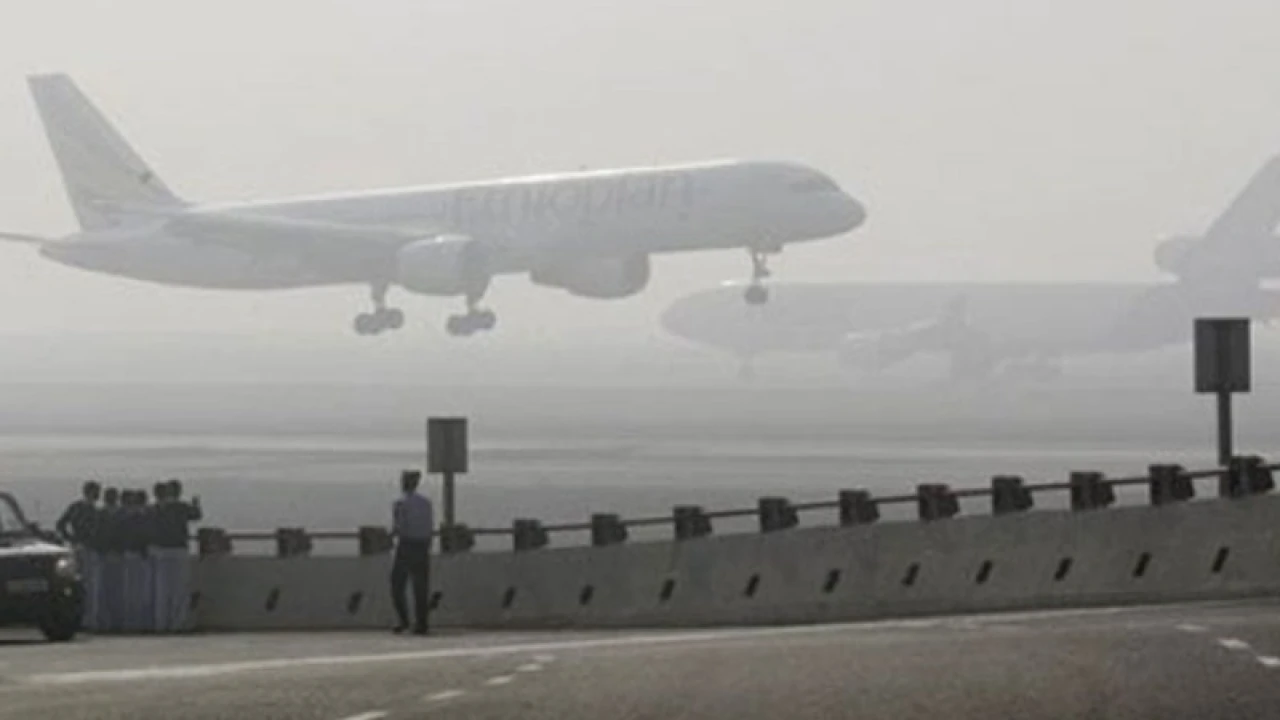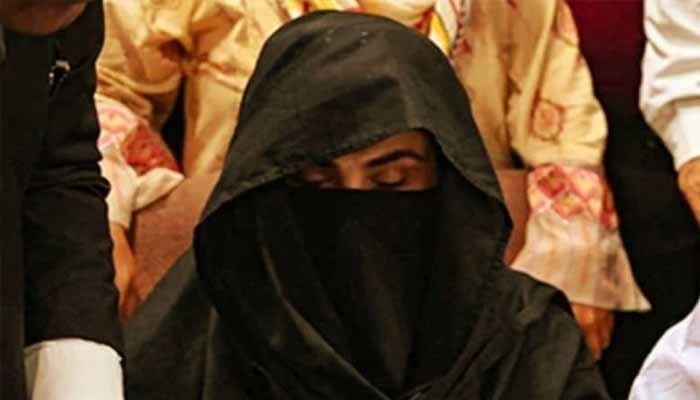US-Pakistan relations continue to strengthen as Washington reaffirms its commitment to expanding trade, investment, and security cooperation with Islamabad. During her recent visit to Karachi from September 23–26, US Charge d’Affaires Natalie Baker underscored the importance of bilateral ties, highlighting new opportunities for economic growth, business collaboration, and regional stability.
Strengthening US-Pakistan Relations Through Economic Cooperation
In her meetings with Sindh Chief Minister Murad Ali Shah and Governor Kamran Tessori, Baker emphasized the United States’ dedication to enhancing trade and investment opportunities. The discussions centered around developing stronger partnerships in sectors such as technology, energy, manufacturing, textiles, packaging, and ports.
She also recognized Pakistan’s ongoing flood recovery efforts, stressing how US contributions have positively impacted affected communities. This reflects the humanitarian aspect of US-Pakistan relations, where both nations collaborate not only on economic but also social and disaster relief initiatives.
Expanding Business and Investment Opportunities
Baker’s engagements in Karachi extended to the business community, including discussions with stakeholders of the Reko Diq mining project, one of the most significant foreign investment initiatives in Pakistan’s history. With more than 80 American companies already operating in Pakistan, US investments directly employ around 120,000 Pakistani workers and indirectly support over one million more.
By strengthening business-to-business ties, US-Pakistan relations aim to provide growth opportunities for local enterprises while enabling US firms to tap into Pakistan’s expanding market. Baker noted that fostering such partnerships creates a win-win scenario for both nations by driving innovation, boosting exports, and promoting shared prosperity.
Maritime Security: A Key Pillar of US-Pakistan Relations
Beyond economics, Baker also joined senior leaders of the Pakistan Navy in welcoming the USS Wayne E Meyer (DDG 108), an Arleigh-Burke class guided-missile destroyer, at Karachi port. This naval engagement emphasized the strong defense and maritime security collaboration between the two countries.
With regional security challenges continuing to evolve, naval cooperation underscores the role of US-Pakistan relations in maintaining stability across South Asia and ensuring safe trade routes in the Arabian Sea. Such military-to-military engagements further demonstrate Washington’s recognition of Pakistan as a vital strategic partner in the region.
The Broader Impact of US-Pakistan Relations
Baker’s Karachi visit reflects Washington’s long-term commitment to advancing US-Pakistan relations beyond traditional diplomacy. The focus on practical collaboration in trade, bilateral investment, and security showcases a comprehensive approach to partnership.
“Strengthening our commercial partnership with Pakistan benefits both our peoples and fosters shared prosperity,” Baker said. Her statement highlights the shift toward building a sustainable economic foundation while maintaining robust security cooperation.
Statistics Reflecting Strong US-Pakistan Ties
Recent data shows the depth of US-Pakistan relations in numbers:
- 80+ American companies have invested in Pakistan.
- These firms directly employ 120,000 Pakistanis.
- They indirectly support over 1 million more jobs.
- US foreign direct investment remains one of the largest sources of private sector capital in Pakistan.
These statistics highlight the tangible economic benefits of cooperation while also signaling future potential for growth in sectors like digital technology, renewable energy, and infrastructure.
Challenges and Opportunities Ahead
While US-Pakistan relations are on an upward trajectory, both sides face challenges. Global economic uncertainty, regional security threats, and political dynamics could affect progress. However, the opportunities outweigh the risks. Pakistan’s strategic location, youthful workforce, and growing consumer market make it a valuable partner for American businesses.
By fostering transparency, regulatory reforms, and innovation, Pakistan can attract even greater US investments. Similarly, continued US support in areas such as education, climate resilience, and digital transformation could help Pakistan meet its development goals.
The recent visit of Natalie Baker to Karachi highlights the evolving depth of US-Pakistan relations. From trade and investment to maritime security and humanitarian cooperation, the partnership is becoming more multifaceted and impactful. With over 80 American companies already contributing to Pakistan’s economy and strong defense ties reinforcing regional stability, the future of this relationship appears promising.
As both nations work together, the goal is clear: to ensure that US-Pakistan relations are not just about government-level dialogue but about building meaningful economic opportunities, fostering innovation, and securing lasting peace and prosperity for the people of both countries.



